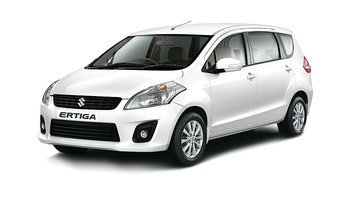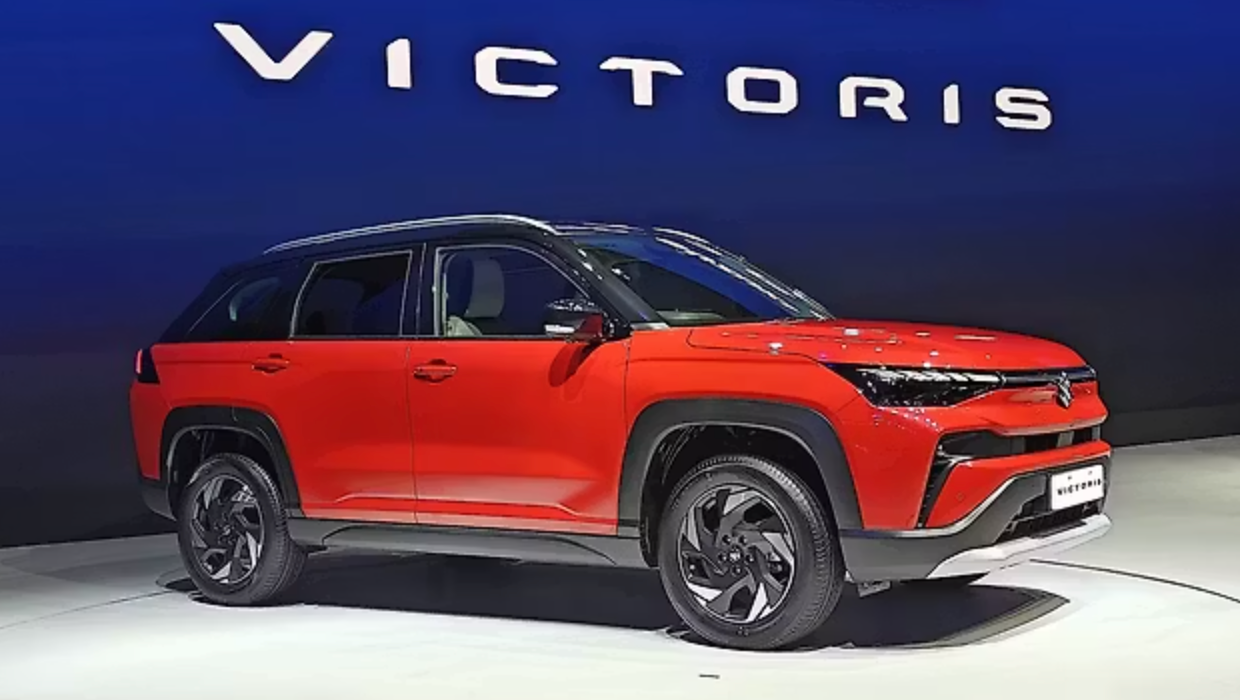Maruti Suzuki Ertiga Fails Spectacularly in Global NCAP Crash Test
The Maruti Suzuki Ertiga, a popular MPV in India and several international markets, has suffered a significant blow to its reputation following a recent Global NCAP crash test. The vehicle, manufactured in India and sold in South Africa, achieved a shocking one-star rating for both adult and child occupant protection. This drastic decline from its previous three-star rating in 2019 underscores the tightening safety standards and the Ertiga’s failure to meet these benchmarks.

Disappointing Performance in Adult Occupant Protection
The Ertiga’s performance in the adult occupant protection category was deeply concerning. While the vehicle offered adequate head and neck protection for both driver and passenger in the frontal impact test, chest protection for the driver was rated as ‘marginal,’ with the passenger receiving a slightly better ‘good’ rating. Knee protection for both occupants was deemed ‘marginal’ due to the risk of impact with hazardous components behind the dashboard.
The Ertiga’s bodyshell was classified as ‘unstable,’ raising serious questions about its ability to withstand the forces of a collision. Furthermore, the footwell area was also rated as ‘unstable,’ indicating potential risks to occupants’ lower limbs in a crash.
The side impact test yielded somewhat better results, with ‘good’ protection for the head, abdomen, and pelvis. However, chest protection was only rated as ‘adequate.’ The side pole impact test was not conducted due to the absence of curtain airbags, even as an optional feature.
Child Occupant Protection Falls Short
The Ertiga’s performance in protecting child occupants was equally disappointing. While the child seats for both the three-year-old and 18-month-old dummies offered full protection in the side impact test, the frontal impact results were alarming. The three-year-old dummy, secured in a forward-facing child seat, experienced limited protection for the chest and neck, despite the seat preventing head exposure. The situation was even worse for the 18-month-old dummy, who suffered poor chest and neck protection due to high-speed deceleration.
Safety Features Lackluster
The base model Ertiga tested by Global NCAP came equipped with dual front airbags and ISOFIX child seat anchors, but lacked crucial safety features like side and curtain airbags. While higher-end variants offer additional airbags, the absence of active safety technologies like electronic stability control (ESC) and autonomous emergency braking (AEB) is a significant omission.
A Call for Improved Safety Standards
The Ertiga’s poor performance in the Global NCAP crash test highlights the urgent need for stricter safety regulations in the automotive industry. Consumers must prioritize vehicle safety when making purchasing decisions and demand that manufacturers prioritize occupant protection over cost-cutting measures.
Maruti Suzuki, as India’s largest carmaker, has a responsibility to lead the industry in safety standards. The company must invest in research and development to enhance the safety features of its vehicles and ensure that they meet the highest global safety benchmarks.
FAQs
Is the Maruti Suzuki Ertiga safe to drive?
The Maruti Suzuki Ertiga’s poor performance in the Global NCAP crash test raises significant safety concerns. While it may be drivable, the risk of injury in a collision is higher compared to vehicles with better safety ratings.
What safety features should I look for in a car?
Essential safety features include airbags, ABS, electronic stability control (ESC), tyre pressure monitoring system (TPMS), and child seat anchors (ISOFIX).
How can I check a car’s safety rating?
You can check a car’s safety rating through organizations like Global NCAP or your local automotive safety authority.
Should I avoid buying a Maruti Suzuki Ertiga?
The decision to buy a Maruti Suzuki Ertiga is ultimately up to the individual. However, the poor safety rating should be a significant factor to consider, especially if you have children or prioritize safety.




